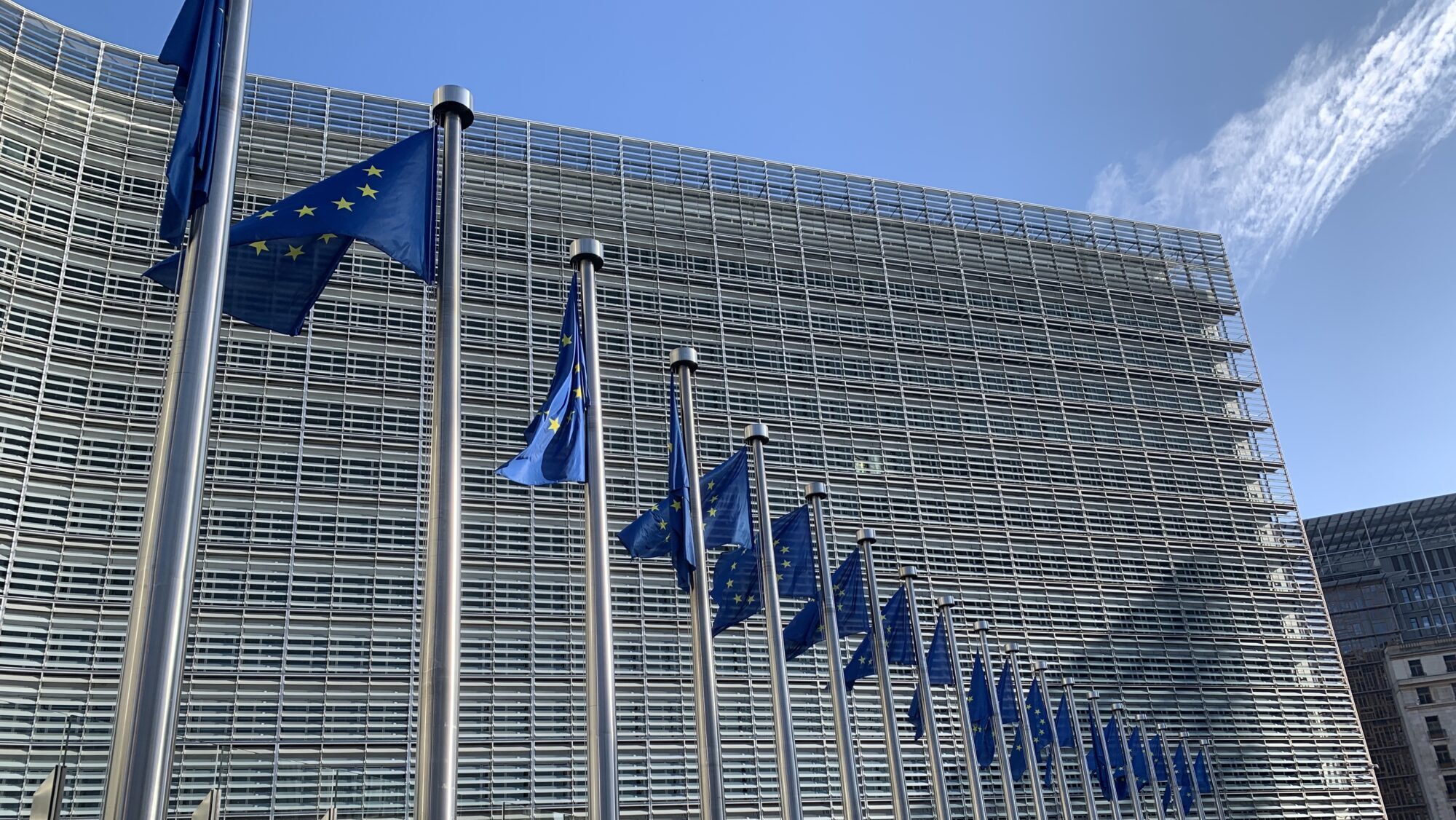
Framed as “a follow-up to the Conference on the Future of Europe (CoFoE),” which called for treaty change, a report from the Franco-German working group on EU reform and expansion has delivered a bombshell paper.
“Sailing on High Seas: Reforming and Enlarging the EU for the 21st Century” not only calls for ending the unanimity rule in the EU founding treaty and granting greater power to the European Parliament but also memberships of unequal footing.
Twelve experts authored the 60-page report, having been asked to serve as an independent voice to give recommendations to meet the challenges of EU expansion—the acceptance of the ten countries, including Ukraine and Moldova, that are seeking to join the EU.
It lists the challenges and poses solutions.
The EU first needs to overcome a few internal troubles among the 27 member states, the authors believe, including that some members “question the rule of law” and “the primacy of EU law over national law and the shared values outlined in the EU treaty.”
It also cites “institutions and decision-making mechanisms” that make it hard for the EU to take strategic decisions, even now.
“They were not designed for a group of up to 37 countries and as they are currently constituted, they make it difficult even for the EU27 to manage crises effectively and take strategic decisions,” the report states.
The paper also finds what could be interpreted as some combination of economic stagnation and weak socialism at the heart of the EU’s problems.
“Delivering public goods to citizens has become an increasing challenge for the EU and its Member States’ governments and has made democracy vulnerable,” it states.
The proposals would change the meaning of the EU as an organisation of equal sovereign countries that operate fundamentally through diplomacy and would move it to a federation with party politics.
“Before the next enlargement, all remaining policy decisions should be transferred from unanimity to QMV [qualified majority vote]. Additionally, except for in CFSP [common foreign and security policy], this should be accompanied by full co-decision with the EP [European Parliament] (through the OLP [ordinary legislative procedure]) to ensure appropriate democratic legitimacy,” the paper reads.
Only treaty changes, accepting new members, or adapting the EU institutions, should continue to be taken through unanimity, according to the authors’ recommendations.
The report also advocates for a layered membership in which some countries have more weight than others.
The authors propose four types of EU member states: “1. The inner circle; 2. The EU; 3. Associate members; 4. The European Political Community [a loose association of European leaders that meet twice a year to talk].”
Most crucially, the states that want reform that cannot garner unanimity should form their own parallel European platform through a “‘supplementary reform treaty’ signed onto by willing Member States.”
All of this is doable within the next commission mandate, according to the authors, as they set the target for expansion for 2030. The authors also endorse the target date of 2030 for EU enlargement, arguing the next Commission “should commit to the goal of 2030 and agree how to make the EU enlargement ready by then.”
Additionally, the authors call for a larger EU budget, linking EU payouts more strictly to rule of law conditions, and creating a new watchdog that would probe the financial integrity of people working for EU institutions.
They also point out the challenges of making room for up to ten more countries in an institution that is already bloated.
Olivier Costa, director of political studies at the College of Europe and one of two co-rapporteurs on the paper, was extremely optimistic about achieving fundamental changes in the EU.
“The last 30 years of history shows [sic] that those skeptical about the prospects of major EU reforms are always proven wrong,” he told Politico, adding that “it’s a bit early in the process” for the countries in the Council to get behind concrete EU reform proposals just yet. The aim of today’s paper was to come up with a “package that could make it” realistical.
